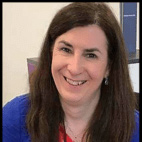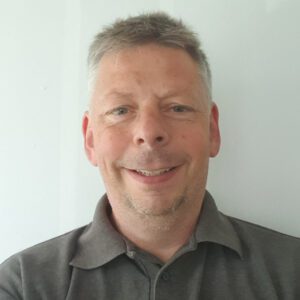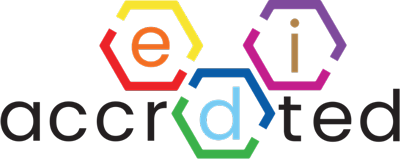Our Panel
The Accreditation Panel is a group of independent volunteers with diverse corporate expertise and lived experiences.
The common denominator is their interest and passion for improving EDI.
The Panel review every accreditation application before an accrEDIted© level is awarded. To ensure total impartiality during the Panel review, the identity of the organisations are kept anonymous throughout the process.
They check the evidence gathered and our analysis and scoring to ensure the impartiality and rigour of our accreditation is maintained.
Hover overClick on a person to find out why they became a member of the panel
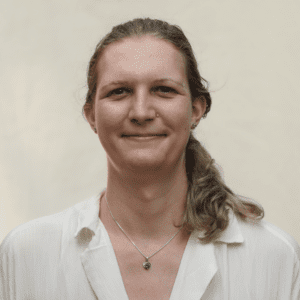
Chloe McCutcheon
She/Her
As a trans woman, I am aware of the complex ways in which trans and non-binary people are discriminated against in the workplace and wish to change things for the better. I would also like to see companies provide better accommodations for neurodivergent people and am confident that this accreditation will encourage companies to do better for all their people.

Chris Bantock
He/Him
The EDI agenda is so important for businesses in the modern world. I wanted to be part of an accreditation that rewards responsible businesses and actively acknowledges those that are improving EDI in the workplace. I am proud to be part of this well needed initiative and to support EDI Accreditation. I know it will be a learning experience for me too on this journey.
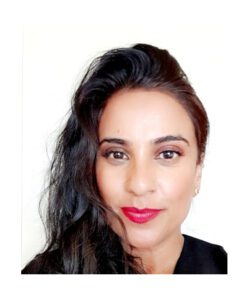
Deepak Klair
She/Her
As a young British Indian growing up in the corporate world, I feel that I have achieved success through my own hard work, however I didn’t have much opportunity to rise up through the ranks, in the same way some of my peers did. I often think back to the leaders I had, in the businesses I worked for, and note the lack of diversity at those levels. The term ‘face does not fit’ has resonated with me over the years. Recently this has begun to change, and I want to support that change for all people that have the talent and desire to contribute at every level to the organisations they work for.
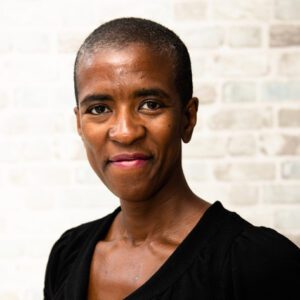
E-J Williams
She/Her
I am an HR Specialist who is passionate about helping leaders and managers to be brilliant people managers. I am also a UKCP Accredited Psychotherapist. The thread that flows through both aspects of my professional life is my passion to walking alongside individuals and organisations on their own journey. Not because I have all the answers. Rather because as an old African proverb goes ‘If you want to go fast, go alone. If you want to go far, go together’. As human beings we are wired for connection – the energy that exists when we are seen, heard, valued for who we are and belong (Brene Brown). Being a panel member for EDI Accreditation combines so many of the things that are important to me. I want to do life ‘together’ and where relationships build and foster great connections. Working with great people, engaging with a variety of organisations committed to employee engagement and being able to support edi accredited on this most ambitious and epic journey that they are on for me is the professional embodiment of ‘going together’. The energy, passion, commitment, and the massive impact that work of EDI Accreditation is going to have can only be described as exciting and a privilege to be a part of.

George King
He/Him
I’m thrilled to have the opportunity to help shape and advise on future EDI accreditation outcomes as a Panel member, both for what I think I can contribute and what I expect I will learn along the way. I have been a vocal EDI advocate and a proactive activist in both commercial and charitable organisations for many years now. A key challenge, however, is that there haven’t been any clear, consistent, externally agreed measures for what “good” looks like in this area. That makes it hard to have relevant and realistic goals. Instead, progress is often measured simply by activity, rather than benchmarks or specific outcome improvements. The need for a respected and informed third party to provide EDI accreditation is therefore both acute and timely. My ability to bring years of experience, both in the UK and the US, coupled with my lived experience as a black man, being immersed in a non-native culture will hopefully help enrich the evaluation discussions we will have on a Panel.
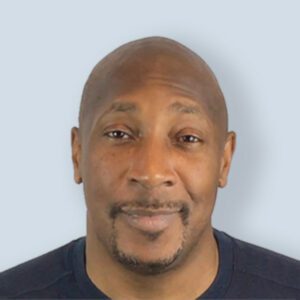
Ian Benjamin
He/Him
I’m a digital recruitment guy, British, of Caribbean heritage, I am the founder of Digital Execs and the Black Data Professional Network (BDPN), a D&I advocate & host of the Digital Hub podcast (created to inspire people from within the digital sector). I am committed to levelling the playing field for black & ethnic digital talent, because only 7% of black & ethnic population occupy roles in the digital sector. Therefore, I have become an ED&I advocate, focused on ensuring everyone has a fair chance of exceeding their goals in the digital sector. Being a Panel Member for EDI Accreditation aligns well with my passion and I believe the accreditation will be a powerful tool for change.
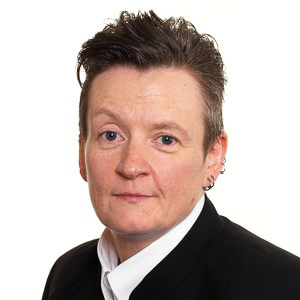
Jane Eaglen
She/Her
I’m cynical when firms talk a lot about how good their EDI is but don’t walk the walk. I see this as an opportunity to have input into how firms implement EDI meaningfully. Also, being a lawyer, I love evidence, and this accreditation requires a firm to evidence what they do rather than just tick the box.
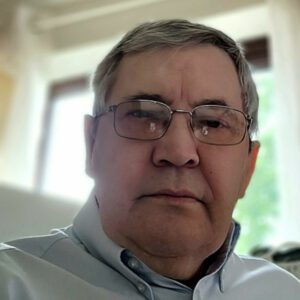
John McEwan
He/Him
I am a disabled military veteran who experienced a ‘bad day at the office’ when parachuting, I managed to break my back and neck. Following medical discharge from the military, I went on to develop several careers during my time in business. Having experienced how challenging it could be to progress, I have been both an ‘agitator’ and an evangelist for diversity, making sure companies ‘get the message and get on board’. Being a panel member provides me the opportunity to relate some of my experiences and help develop the baseline for those organisations who want to prove and improve their ED&I commitment.
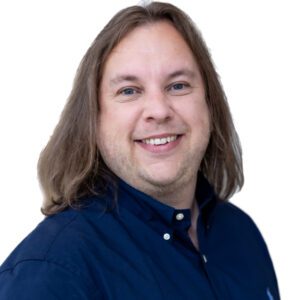
Jonathan Hawkins
He/Him
Equity of opportunity is essential to ensure all people can thrive and excel in spite of their differences or beginnings. Companies and organisations can make life changing opportunities for those who come from backgrounds that make it harder for them to achieve. Coming from working class roots and being openly gay I’ve had internal and external barriers to success, but by having support, and being able to “code switch”, I’ve managed to push through barriers and make a good career – albeit how much further could I be without these time wasting barriers? My passion is now to hand the ladder down to others and to clear blockages for their progression, to change attitudes and to promote diversity of thought, equity of opportunity and inclusivity by default. Being part of this program will allow me to challenge organisations to go beyond the “tick box” and truly deliver life and business changing results.
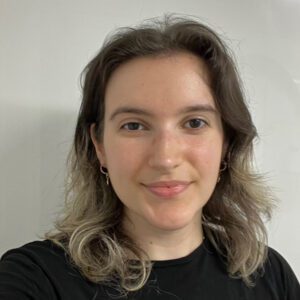
Kai Mallet
They/Them
Equality isn’t just something I believe is important but striving for diversity, equity and inclusion is necessary for all of society’s well-being. As a queer non-binary neurodivergent young person, who was faced with mental health challenges as a consequence of bullying from a young age, I had two options; let that ignorance of others bury my true identity or educate my peers to understand the importance of diversity and acceptance. The last 5 year of my life I have dedicated to challenging ignorance and educating others. My work as head student was focused on inclusivity, personal freedom, and growth. The best decision I have ever made in my life was to be myself and I aspire to help others find the confidence and security in all spaces to be themselves too. I can see the real difference this accreditation will have on people lives within the workplace and influence on the wider world.
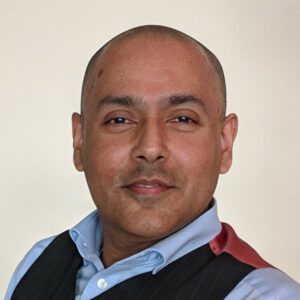
Kamran Mallick
He/Him
I grew up in a world that told me I was different, that I didn’t belong and so should not expect the same opportunities and choices. I believed this until my early 20s when I recognised the inequality I was experiencing. I decided then that I wanted to do something about this, to be part of the change. I haven’t looked back since, and celebrate diversity and difference. Working with allies in solidarity to change our society.

Karla Innis
She/Her
I am delighted to be part of a panel that focuses on helping to build evidence-led inclusive environments. Day to day, I lead and deliver important holistic change around inclusion and intersectionality. With a strong public sector background in community engagement and trade union organising, I have a particular interest in anti-racism and decolonisation. I also have unique lived experience across several areas of marginalisation. I hope that as part of the panel I will support organisational continuous improvement and develop personally too.

Krys Barron
He/Him
I don’t really want to be a panel member, that said I am continually frustrated at seeing a wide range of companies being only ‘policy’ compliant with their commitment to EDI and winning awards on the back of these accreditation, when the reality for their employees and customers, clients and service users can be very different. Having led the embedding of EDI as a fundamental part of business cultures for 15+ years, and following many discussions with the EDI Accreditation Team, I am reassured that this accreditation won’t be a paid for washing to please shareholders but will be a meaningful path to improvement for employees and customers alike.

Laura O’Keeffe
She/Her
As the parent of a neurodiverse child, I have had to fight for equality of opportunity on his behalf throughout his education and struggles to find employment. If this accreditation can help organisations to improve their support and increase opportunities for people with protected characteristics, it can only be a positive.

Liz Ward
She/Her
We spend our lives making community. In the workplace, in our neighbourhoods, in the hobbies we take part in. Those communities help us thrive, survive and create community for others. That’s why Equity, Diversity and Inclusion is so important. It simply makes life a little better, a little easier, a little kinder, so it’s an honour to be on this panel, supporting others to create that community.
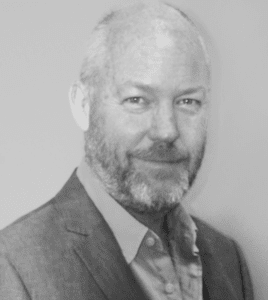
Phil Champain
He/Him
I am delighted to be a panel member for this important initiative. Handling religious and belief identity in the workplace is an important but often neglected dimension of EDI policy and practice and intersects with other aspects. It is great therefore that EDI Accreditation is taking such a holistic approach. I look forward to being an active member of the panel and steering employers towards better faith and belief sensitivity.
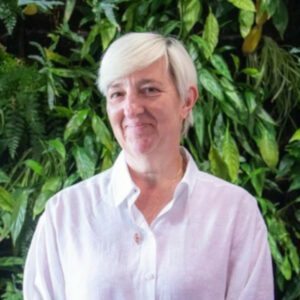
Rebecca Clarkson
She/Her
I became an equality campaigner the day I worked out (whilst still in my teens) what apartheid was and dissolved into spluttering fury as a result. I’ve marched, fought, worked and campaigned for equality for women, global majority people, Disabled and LGBTQI+ communities, among others, ever since.
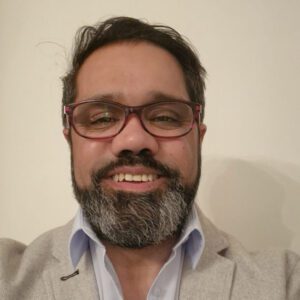
Rohit Sagoo
He/Him
As a South Asian male, I can contribute to diverse representation that reflects inclusivity. By becoming a panel member, I can actively participate in efforts to address these issues and promote fairness and equality for organisations through the EDI accreditation process. As a panel member, it sends a powerful message that diversity is valued and that individuals from all backgrounds can contribute meaningfully to decision-making processes leading to more inclusive policies and practices. The key is to bring diverse perspectives, challenge biases, and work towards creating inclusive environments where everyone has equal opportunities to thrive.

Tutu Popoola
She/Her
My background is in HR Management and Diversity, Equity & Inclusion has been important to me, before it became a popular ‘buzzword’. I believe that creating inclusive and equitable workplaces is what all organisations should take action on and it’s at the very heart of what I do and who I am. Navigating the workplace as a Black Woman, Parent Carer, Immigrant and a Christian has exposed me to a lot of workplace inequities for people like me and beyond my lived experiences, I have invested time and resources to educate myself of the inequities and discrimination that other minoritised groups face in the workplace. That knowledge, skill and experience is what I hope to put to use as a Panel Member.

